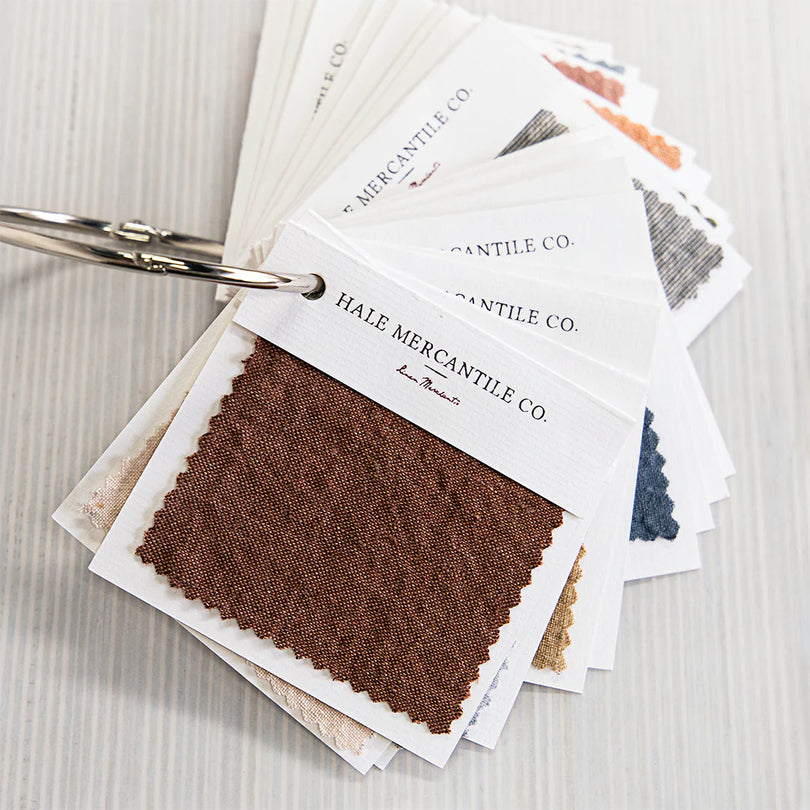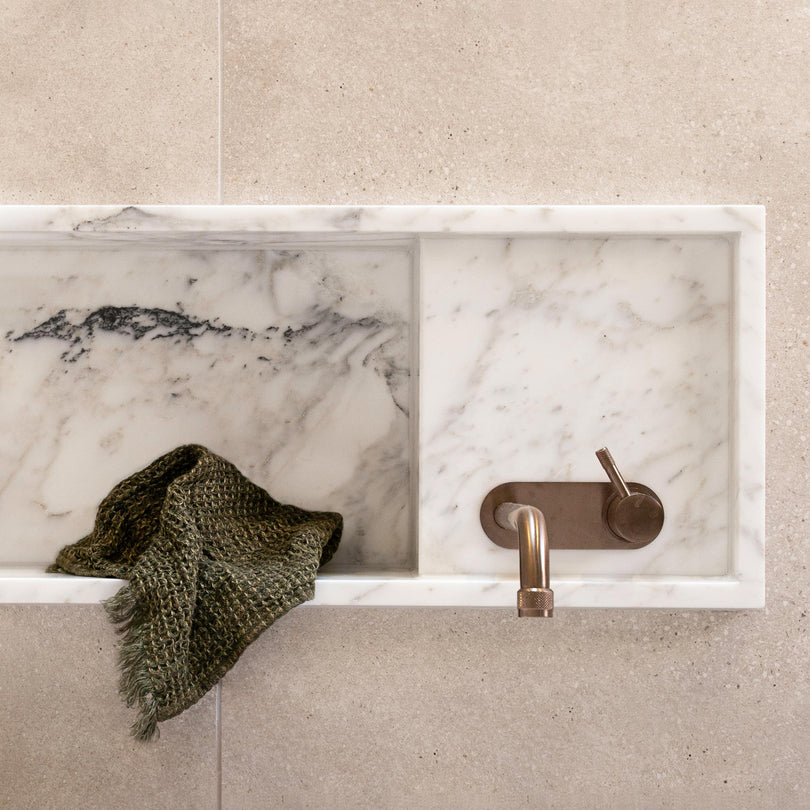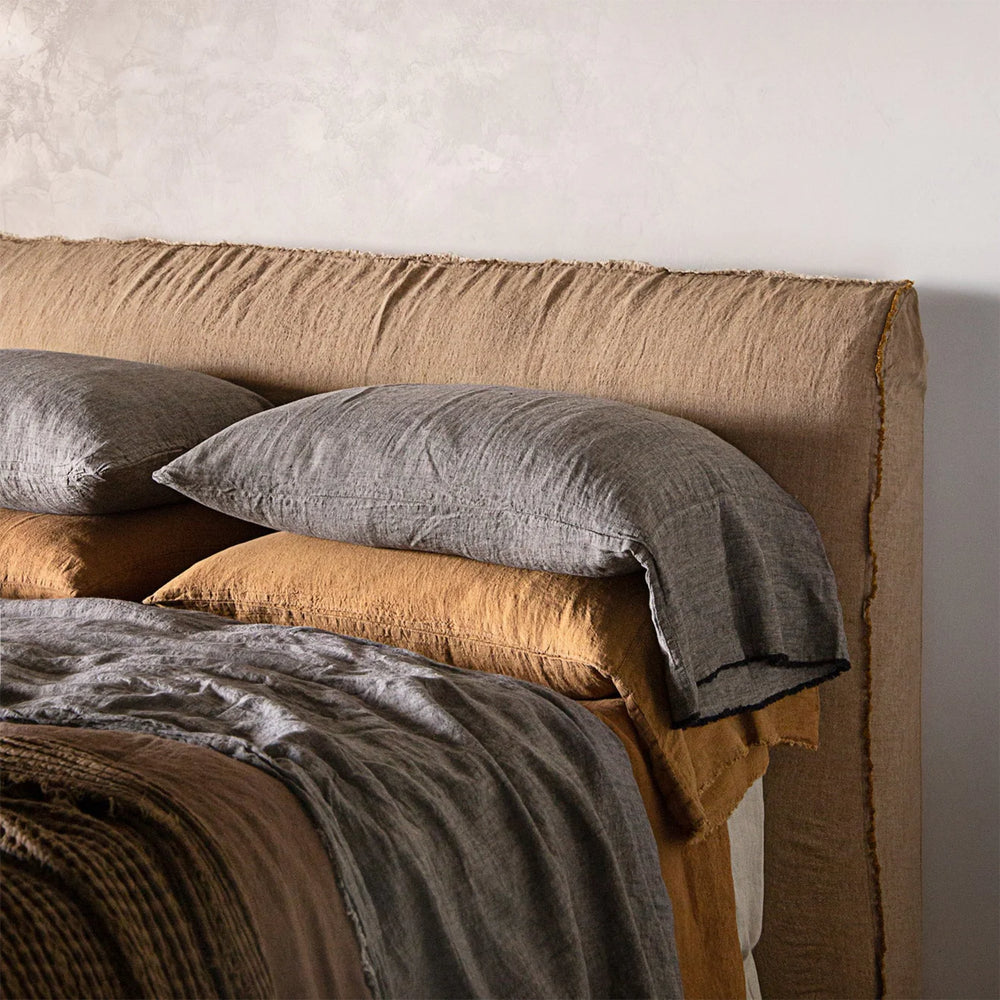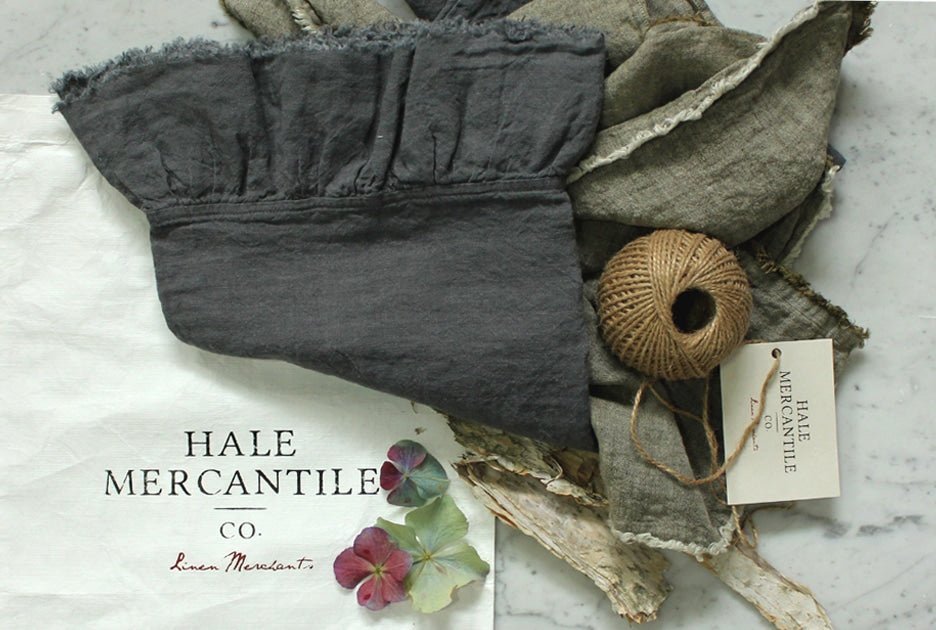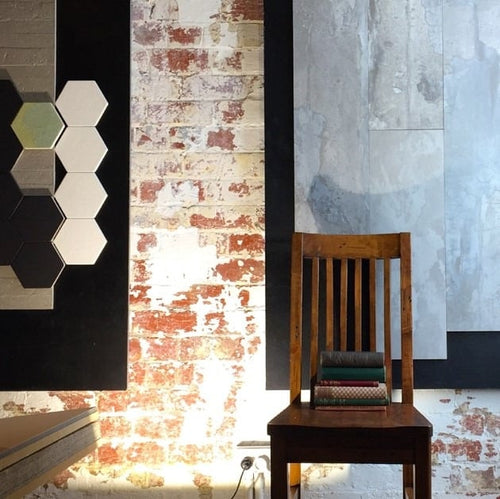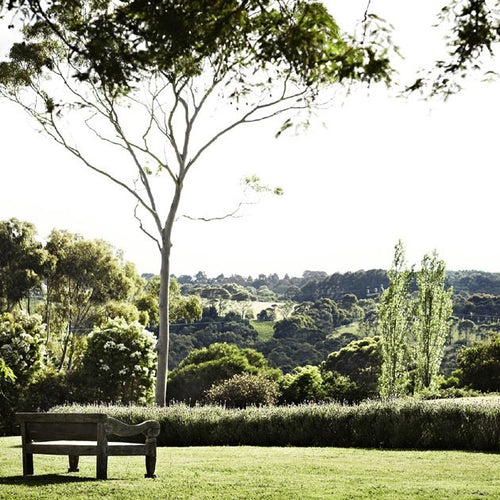In a time when we are bombarded with superficiality, through social media, technology and materialism, our desire for a natural aesthetic is increasing. With many choosing to grow their own food, buy organic products and purchase fewer possessions, leaving a small ecological footprint is very much in vogue.
The slow movement, which spreads across food, fashion, art and much more, encourages us to slow down to appreciate the joy in making things from scratch. Through enjoying home-cooked meals, bespoke fashion and handmade objects for example, many consumers are turning away from cheap, mass-produced products.
There is great satisfaction in purchasing something that has been made with care, natural materials and ethical principles. Despite such products often costing more, they last longer, wear better, and in fact, usually improve with age. As consumers, it is important to make ethical decisions based on the environment and the working conditions of those who make them.
An article in Trend Bible states that consumers are “looking for longevity and provenance in the products they invest in for the home” and that they have a desire to slow down their lives. The article talks about consumers taking control of their environments by purchasing quality pieces for their homes and supporting local enterprises.
Design Sponge founder Grace Bonney also writes about the pleasure of taking a slow approach to the home. “I find that slowness is something that both defines and refines my aesthetic over time and allows me to make decisions that are based more on long-term happiness than short-term gratification,” Bonney says. Her article goes on to describe the challenge of finding a balance between our desire for beautifully made products while seeking low price points.
Materials such as pure linen, that are natural and of a higher quality will always be more expensive. Similarly, if products are produced by small companies and independent designers, the price of this workmanship must be taken into account.
Perhaps the answer lies in buying fewer items and savouring the process. Like a slow movement in consuming. This way, we can decorate our lives with products that are carefully considered, which eliminates the chance of us growing tired of them. By gradually acquiring possessions, we can avoid waste, which will benefit the environment together with our purse strings. It is also rewarding to collect things that have a positive background story.
Possessions with a story attached are something Megan Trousdale writes about for Slow Living Magazine. Trousdale has written about houses and interiors for over 20 years, and describes the idea of “slow interiors” and the beauty in acquiring pieces over time, making your own and purchasing antiques. “It is the interiors layered over decades, not days, that have the most soul and meaning,” Trousdale says.
Another aspect of pursuing a natural, simple and slow aesthetic is accepting imperfections. This might be in the form of coveting a well-loved piece of furniture, an eccentric family heirloom or repairing a damaged item instead of throwing it away. It is true that many natural products are imperfect, but through altering our perceptions of these blemishes, we can come to see them as uniquely beautiful, and indeed more desirable than those without flaws.

